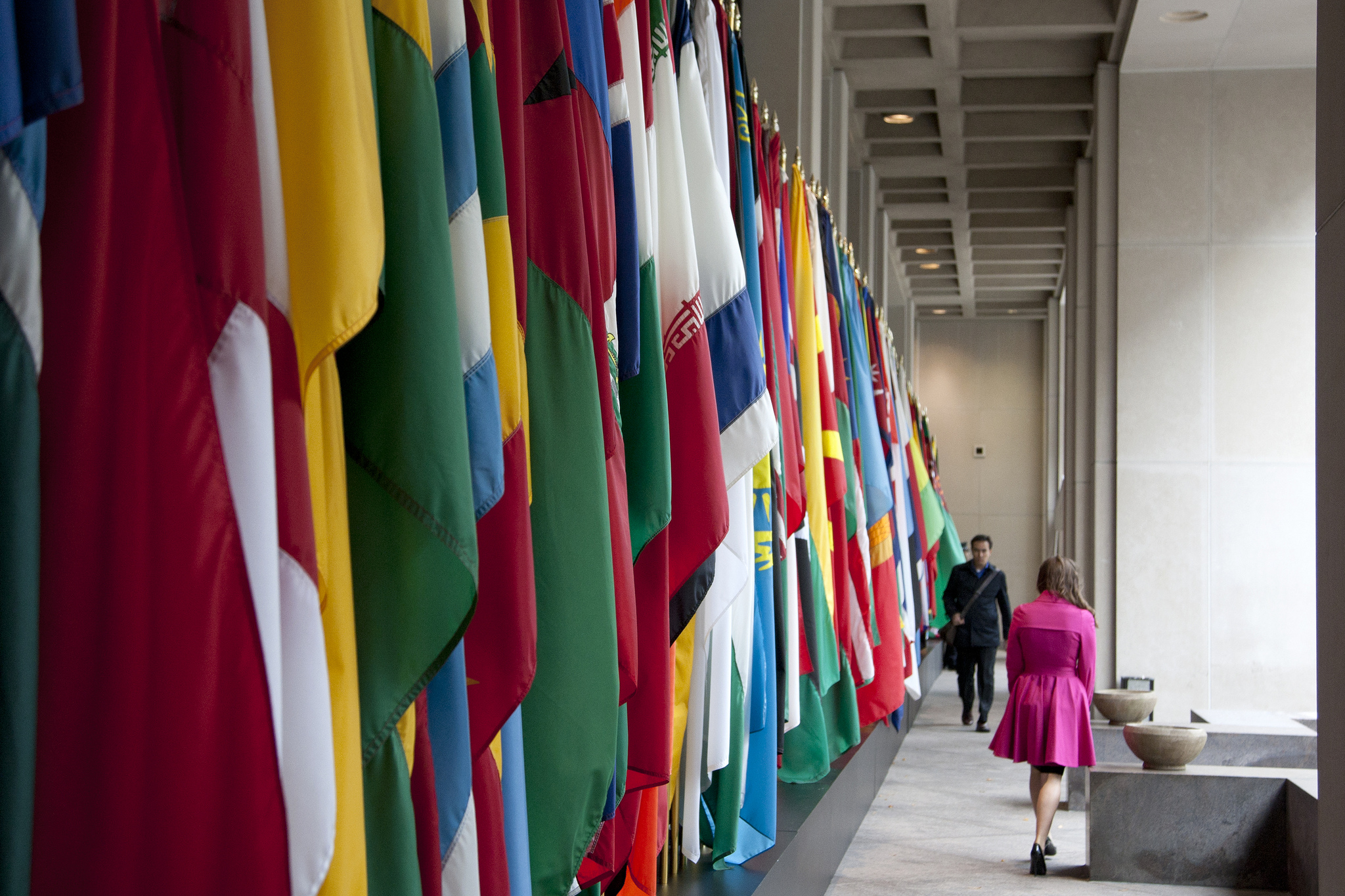
Globalisation, migration and their socio-cultural consequences are experienced across the urban and rural divide, in both the global north and south. Yet research into globalisation and migration remains, to date, largely limited to urban metropoles, primarily in the so-called ‘developed world’. This interdisciplinary project seeks to fill this gap by building a better understanding of the complex processes of globalisation in rural and peri-urban areas, with a particular focus on developments in the global south, including international migration of the Chinese diaspora.
The project traces the cultural effects of globalisation through the lenses of consumption and production on the one hand, and language on the other. Contemporary globalisation cannot be separated from the dominant neoliberal market economies of today, and the macro-level processes of export-import trade are embedded in local interactions. Language is also central to the formation and articulation of the diversity that arises from a globalised world. New sociolinguistic and cultural practices emerge, stabilise or fade as different people come into prolonged and intense contact.
A central aim of the project—supported by its unique structure which links Northern and Southern partners under Southern rather than Northern leadership—is to theorize processes of migration and globalization from a distinctly global perspective, bringing together a diverse team of linguists, sociologists and anthropologists enable novel theoretical formulations from a variety of perspectives.
The international collaboration around these theoretical issues will be rooted in on-going empirical research. The project team will analyse the everyday interactions between international migrants and local populations within specific localities in China, Europe, North America and Southern Africa.
This research will be guided by the following questions:
- How do people of various religious, ethnic, socioeconomic, educational and linguistic backgrounds, as well as different legal statuses, negotiate their relations with one other through everyday contact and interaction?
- How do they experience globalisation in the here and now?
- How do they ‘make a life’, engage in new relations of production and consumption and thus transform place, space and social relations?
- How do people acquire the versatile cultural and linguistic skills that are necessary for living together in a diverse society?
- Can such competences—cultural, linguistic and economic—become an everyday feature and, in fact, an essential skill for social cohesion in the twenty-first century?
- How are such encounters reflected in local discourses, ranging from practices of everyday narratives and ‘gossiping’ to local and international media representations?
Outcomes
2018
Academic Publications (four in total)
- Deumert, A. 2018. Mimesis and Mimicry in Digital Writing. Towards a Postcolonial Aesthetics. Language Sciences. [Special issue on creativity] 65: 9-17.
- Deumert, A. 2018. Settler Colonialism Speaks: Early Contact Varieties in Namibia during German Colonial Rule. Language Ecology 2: 91-111.
- Deumert, A. and Mabandla, N. 2018. Beyond Colonial Linguistics – Critical Reflections on the Standardization of African Languages. In: Standardizing Minority Languages. London: Routledge.
Scholarly events
- Sociolinguistics and Southern Theory – Voices, Questions and Alternatives. Sociolinguistics Symposium, June 2018, Auckland, New Zealand.
- Liberation, Revolution, Transformation, Decolonization – Reflecting on Language Activism and Language Policy. International Summer school (funded by INTPART), December 2018, Cape Town.
Other
Ana Deumert contributes a monthly column on questions related to language and globalisation for Diggit Magazine (diggit.com; community outreach).
2017
Academic Publications
- Brown, J. and Deumert A. 2017 ‘My tribe is the Hessequa. I’m Khoisan. I’m African’: Language, Desire and Performance among Cape Town’s Khoisan Language Activists. Multilingua 36: 771-594.
- Deumert, A. and Mabandla, N. 2017, A luta continua – Black queer visibilities and philosophies of hospitality in a South African Rural Town. Journal of Sociolinguistics 21: 397-419.
- Deumert, A. 2017. Text messaging in Africa. Oxford Research Encyclopedia of Linguistics, ed. by Mark Aronoff. Oxford: Oxford University Press.
- Deumert, A. 2017. Creole as Necessity? Creole as Choice? Evidence from Afrikaans Historical Sociolinguistics. In: Language Contact in Africa and the African Diaspora in the Americas, pp. 101-122. Amsterdam: John Benjamins.
- Deumert, A. 2017. Towards a Sociolinguistics of the Contact Zone – Comparative Reflections on the Linguistic Legacies of German Colonialism. Language and Linguistics in Melanesia, Special Issue 2017.
Scholarly event
- International workshop on Language Policy in Higher Education, bringing together scholars from South Africa, Belgium, the UK (Sheffield), and Ghana.
Other
- Joint supervision with the University of Oslo and the University of Ghana. Currently exploring a joint online course with the University of the West Indies (following a collaborative visit to Jamaica in December 2017).